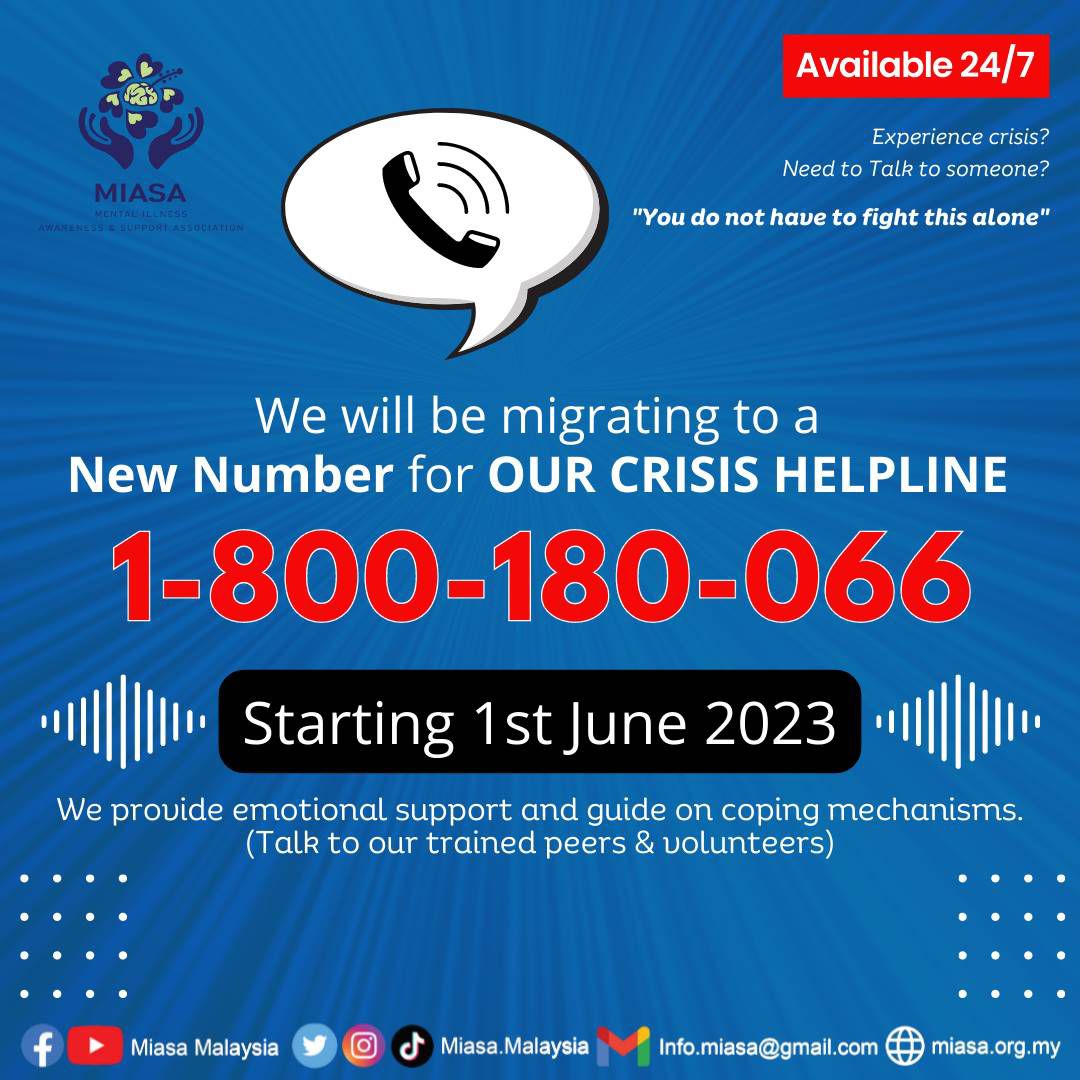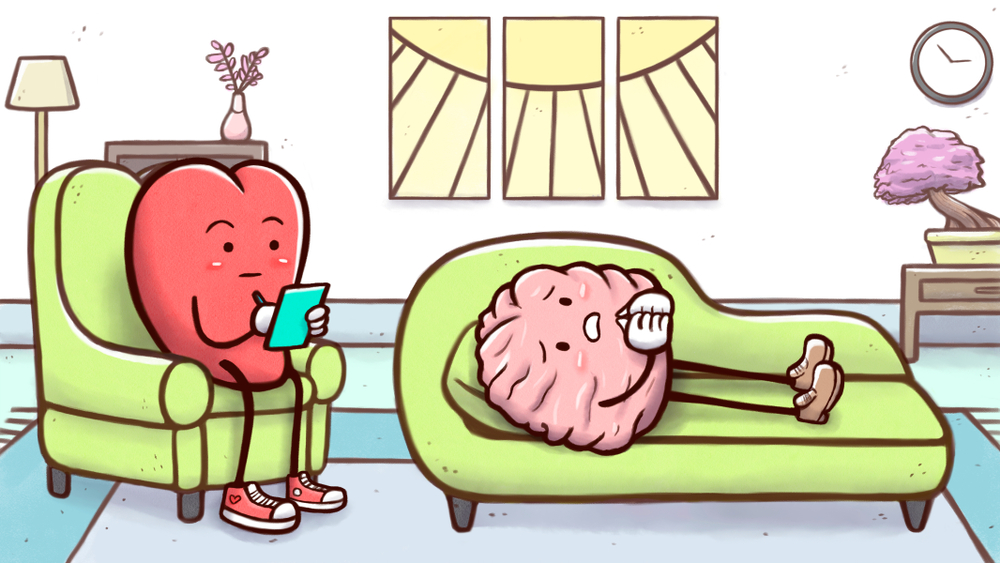WORDS LIM TECK CHOON
The 2015 Malaysian National Health and Morbidity Survey found the prevalence of mental health problems has increased from 10.6% in 1996 to 29.2% in 2015.
The prevalence is highest among those aged 16 to 19, with 18.3% having depression and 10% having suicidal thoughts.
Some of the factors associated with this increase include:
- Unemployment
- Financial difficulties
- Family and relationship problems
- Poor coping skills
- Insufficient social support
WHAT IS KEEPING OUR YOUTH FROM SEEKING HELP?
Barriers that are keeping young adults from seeking help include:
- Poor understanding of mental health problems
- Fear of social stigma or embarrassment
- Lack of social support
- Difficulty in accessing professional services
Counsellors of the International Medical University (IMU) recently issued a statement that mental health issues can be even more prevalent among tertiary students that study abroad.
To circumvent this issue, International Medical University (IMU) and other tertiary education institutes often work closely with their partner schools to ensure full support and care for the wellbeing of their students, and to provide benchmarks on how their students are actually coping overseas.
Such support can come in the form of student-led initiatives such as peer-to-peer support—when students effectively reach out to one another—as well as counselling sessions with academic leads, senior tutors, and/or professional advisers.
WATCH OUT FOR THESE SIGNS
According to the IMU Self-Development Unit counsellors, we should watch out for these signs
- Disturbed sleep patterns, such as difficulties falling asleep or waking up, waking up in the middle of the night, or excessive sleep.
- Emotional outbursts, such as being very sensitive and easily irritated or angry.
- Persistent fatigue.
- Poor concentration, such as losing track of conversations.
- Significant changes in eating habits and/or weight change that is not caused by a health issue.
- Withdrawal from social activities—not making eye contact, being less active or significantly quieter or not participating when in social groups.
The IMU Self-Development Unit notes that some of these warning signs can be easily misunderstood or misconstrued in different social contexts. Hence, it is important to have patience in understanding a person’s behaviours when these could indicate possible mental health risk.
OFFER SUPPORT & HELP
The next step is to offer support to someone who is struggling, and the IMU Self-Development Unit counsellors says that listening to our intuition is very important.
Very often, the signs are there that tell us something is wrong, but we may turn a blind eye and ignore them. In some instances, we may even feel concerned about our own safety.
Here is their advice, based on the NEC model:
- Notice. Tell the person what you’ve observed that has worried you, such as “I noticed that you haven’t been eating/sleeping much lately.”
- Express concern. Let them know that you are worried about them and offer them space and privacy to listen to them and support them in any way such.
- Connect them to someone who can help. Suggest a person or resource where they can get the help they need or offer to accompany them when they are ready to seek professional help.
| For a more comprehensive list of mental health resources across Malaysia, check out https://sites.google.com/view/psymalaysia/ (link opens in a new tab). |







